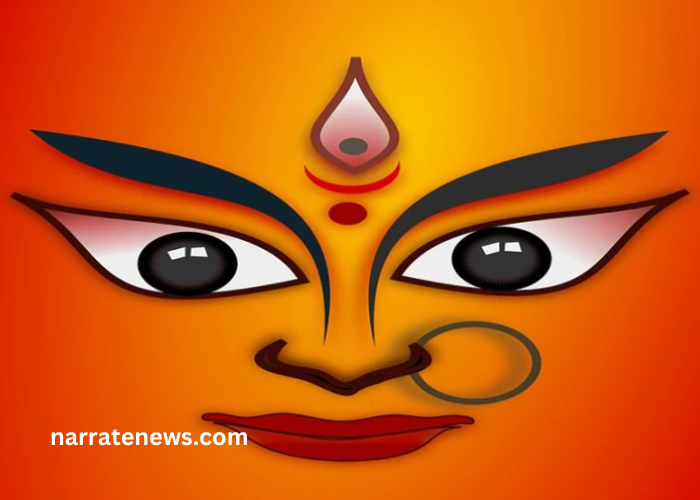
Pyara saja hai tera dwar bhawani lyrics
It appears that “Pyara Saja Hai Tera Dwar Bhawani” is a popular devotional song in Hindi dedicated to Goddess Durga, particularly revered during Navratri and other auspicious occasions. The lyrics of this song express devotion and admiration towards the goddess and are often sung during religious ceremonies and festivals. Below is a detailed article discussing the significance, meaning, and context of the lyrics of “Pyara Saja Hai Tera Dwar Bhawani.”
Understanding the Lyrics of “Pyara Saja Hai Tera Dwar Bhawani”
The devotional song “Pyara Saja Hai Tera Dwar Bhawani” holds a special place in the hearts of devotees of Goddess Durga (Bhawani). Its lyrics are infused with deep reverence, celebrating the divine presence of the goddess and expressing devotion through vivid imagery and heartfelt emotions. Let’s explore the lyrics of this spiritual composition and delve into its significance within the context of Hindu worship.
Context and Significance
“Pyara Saja Hai Tera Dwar Bhawani” is often sung during Navratri, a nine-night festival dedicated to Goddess Durga, symbolizing the victory of good over evil. The lyrics evoke a sense of spiritual devotion and gratitude towards the goddess, portraying her abode as beautifully adorned and welcoming to her devotees.
The word “Bhawani” is another name for Goddess Durga, signifying her role as the compassionate and nurturing mother figure in Hindu mythology. The song reflects the devotee’s yearning to be in the presence of the goddess and to seek her blessings for protection, guidance, and spiritual fulfillment.
Exploring the Lyrics
The lyrics of “Pyara Saja Hai Tera Dwar Bhawani” paint a vivid picture of the goddess’s divine abode and capture the essence of devotion in Hindu worship. Here is a breakdown of some key phrases and their meanings:
“Pyara Saja Hai Tera Dwar Bhawani”: This line translates to “Your abode, O Bhawani, is beautifully adorned.” It conveys the sentiment of awe and admiration for the goddess’s sacred dwelling.
“Maa Dar Tere Aaoongi”: Meaning “Mother, I will come to your doorstep,” this line expresses the devotee’s desire to visit the goddess and seek her blessings.
“Jholi Bhar Do Meri Ma”: Translating to “Fill my lap, O Mother,” this phrase symbolizes the devotee’s plea for the goddess’s abundant blessings and grace.
“Mann Tera Mandir, Mann Tera Mandir”: This repetition emphasizes the concept that one’s heart is a temple dedicated to the goddess, highlighting the internalization of devotion and spirituality.
Devotional Imagery
The lyrics of “Pyara Saja Hai Tera Dwar Bhawani” are rich in devotional imagery, drawing parallels between external adornment and inner spiritual beauty. The portrayal of the goddess’s abode as beautifully decorated reflects the devotee’s reverence and devotion towards the divine mother.
The song encapsulates the sentiment of surrender and devotion, where the devotee seeks solace and enlightenment in the presence of the goddess. It symbolizes the spiritual journey of connecting with the divine and finding inner peace through devotion and prayer.
Cultural and Festive Context
During Navratri and other festivals dedicated to Goddess Durga, “Pyara Saja Hai Tera Dwar Bhawani” is often sung in temples and homes as part of religious ceremonies and devotional gatherings. The song encapsulates the festive spirit and reinforces the significance of divine worship and spiritual devotion in Hindu culture.
Conclusion
In conclusion, the lyrics of “Pyara Saja Hai Tera Dwar Bhawani” resonate deeply with devotees of Goddess Durga, encapsulating the essence of devotion, reverence, and spiritual longing. Through vivid imagery and heartfelt expressions, the song celebrates the divine presence of the goddess and inspires devotees to seek her blessings for inner peace, protection, and spiritual enlightenment.
This devotional composition continues to evoke a sense of reverence and awe towards Goddess Durga, reaffirming the timeless tradition of divine worship and spiritual devotion in Hindu culture.


